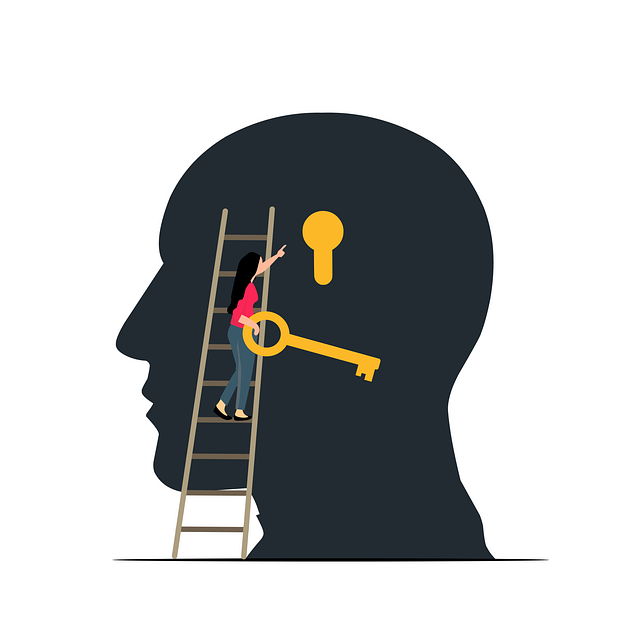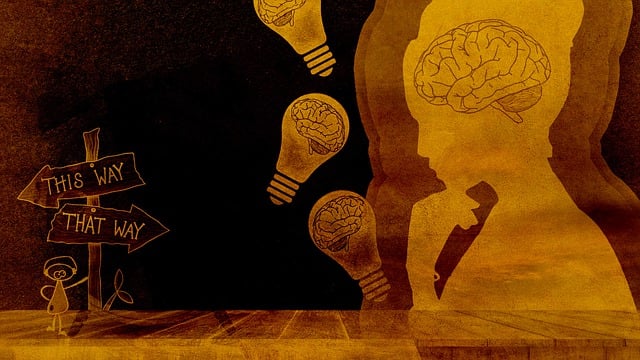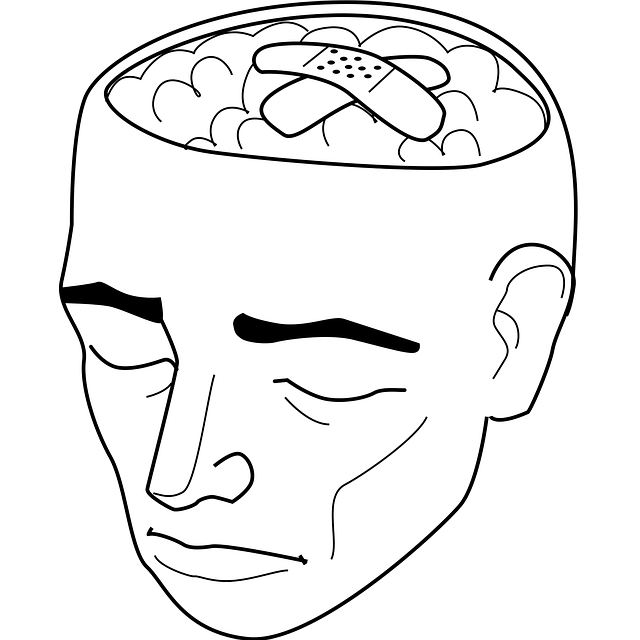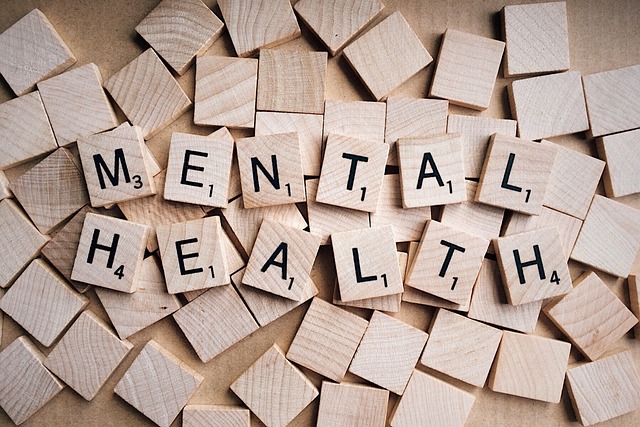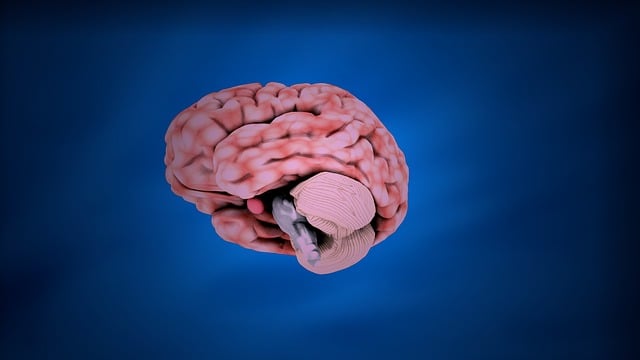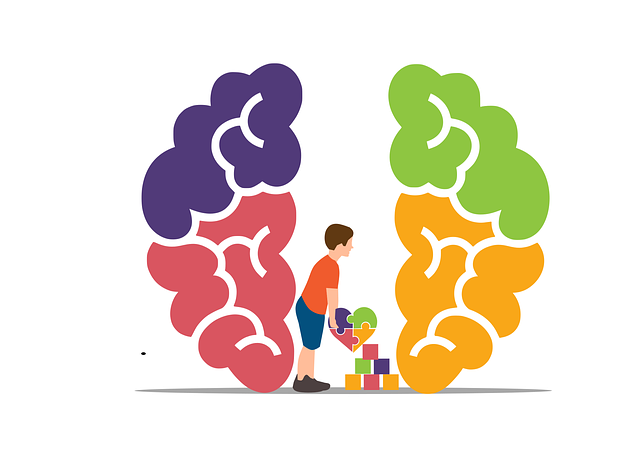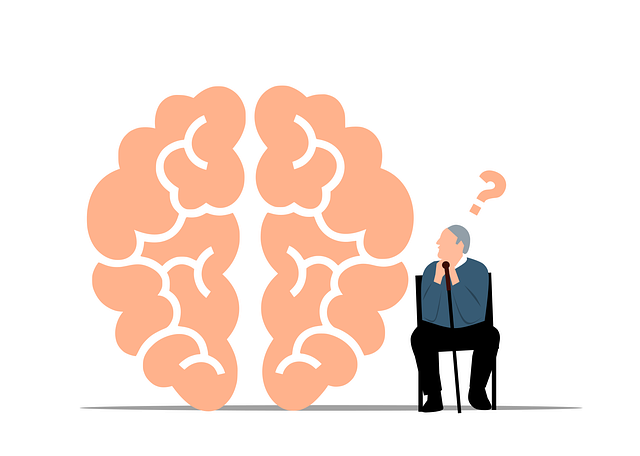Mental wellness programs incorporating Golden Crisis Counseling Therapy (GCC) offer powerful tools for building resilience, managing stress, anxiety, and mental health issues, and fostering positive thinking. GCC provides immediate support and long-lasting coping skills through structured yet flexible frameworks addressing root causes, teaching conflict resolution, and promoting mindfulness meditation. Quantitative assessments using surveys, questionnaires, and standardized tests track improvements over time, while qualitative methods like interviews and focus groups provide deeper insights into participants' experiences. Integrating feedback from clients, therapists, and community members ensures continuous program improvement, reduces stigma, and enhances accessibility to mental health services.
Mental wellness programs are gaining critical importance in today’s fast-paced world. This article delves into comprehensive evaluation methods for these programs, exploring both quantitative and qualitative approaches. We examine how initiatives like Golden Crisis Counseling Therapy contribute significantly to mental health support. Quantitative techniques measure program effectiveness while qualitative methods uncover participant experiences. By integrating feedback, organizations can continuously enhance their services, fostering a healthier and more resilient community.
- Understanding Mental Wellness Programs and Their Impact
- The Role of Golden Crisis Counseling Therapy in Evaluation
- Quantitative Assessment Techniques for Program Effectiveness
- Qualitative Methods: Unlocking Insights from Participants
- Integrating Feedback for Continuous Improvement
Understanding Mental Wellness Programs and Their Impact

Mental wellness programs play a pivotal role in fostering resilience and promoting overall well-being. These initiatives, often incorporating various therapeutic approaches like Golden Crisis Counseling Therapy, aim to equip individuals with coping strategies for life’s challenges. By providing support systems and guidance during crises, these programs empower people to navigate stress, anxiety, and other mental health issues effectively.
The impact of such interventions extends beyond immediate crisis resolution. They foster a sense of agency, encouraging participants to adopt positive thinking patterns and build adaptive skills. This holistic approach not only improves individual mental wellness but also contributes to a more resilient and supportive community, where folks can better manage and overcome life’s inevitable challenges.
The Role of Golden Crisis Counseling Therapy in Evaluation

Golden Crisis Counseling Therapy (GCC) plays a pivotal role in mental wellness program evaluations by offering a structured yet flexible framework to assess and address individual needs. This therapeutic approach is particularly effective for those facing severe emotional distress or experiencing a mental health crisis. GCC aims to provide immediate support while also equipping individuals with lasting coping skills, such as conflict resolution techniques and mindfulness meditation practices.
By integrating GCC into evaluation methods, programs can better understand the root causes of participants’ struggles. Through this process, individuals learn to identify and manage triggers, develop healthy coping strategies, and enhance their overall emotional resilience. The focus on personal growth, combined with evidence-based techniques like those used in GCC, ensures that mental wellness programs are not just reactive but proactive in fostering positive outcomes, enabling participants to navigate life’s challenges with renewed confidence and self-awareness.
Quantitative Assessment Techniques for Program Effectiveness

Quantitative assessment techniques play a pivotal role in evaluating the effectiveness of mental wellness programs, offering structured and data-driven insights into program outcomes. Tools such as surveys, questionnaires, and standardized assessments are instrumental in measuring changes in participants’ mental health symptoms, life satisfaction, and overall emotional well-being. These methods allow for comparative analysis between different interventions, facilitating evidence-based decision-making. For instance, the Golden Crisis Counseling Therapy (GCCT) approach can be rigorously evaluated using pre-post tests to gauge improvements in clients’ distress levels and coping mechanisms over time.
Incorporating these quantitative techniques into mental wellness program evaluations provides tangible metrics for measuring success and identifying areas of need. The data collected informs adjustments to treatment protocols, ensuring the continuous refinement and optimization of services. Moreover, integrating these assessments with the Mental Wellness Podcast Series Production and Emotional Well-being Promotion Techniques can enhance engagement and participation rates, thereby enriching the overall evaluation process. This comprehensive approach not only strengthens program effectiveness but also offers valuable insights for crisis intervention guidance, ultimately contributing to improved mental health support.
Qualitative Methods: Unlocking Insights from Participants

Qualitative methods play a pivotal role in evaluating mental wellness programs as they provide deep insights into participants’ experiences and perceptions. Through techniques like interviews, focus groups, and surveys, researchers can uncover nuanced understanding of what works well and areas needing improvement within therapy frameworks, such as Golden Crisis Counseling. These approaches allow individuals to express their thoughts and emotions freely, sharing personal stories that quantitative measures might miss. This is particularly valuable in mental health contexts where subjective experiences significantly impact healing journeys.
For instance, exploring participants’ views on Inner Strength Development can reveal the effectiveness of certain therapeutic interventions. Qualitative data may highlight specific practices or discussions related to Depression Prevention that resonate with individuals, fostering a sense of empowerment. Even Mindfulness Meditation techniques could be scrutinized for their perceived benefits in reducing stress and anxiety, offering valuable feedback for refining counseling programs and tailoring them to better serve clients’ needs.
Integrating Feedback for Continuous Improvement

Integrating feedback is a cornerstone of any effective mental wellness program evaluation. It involves actively soliciting and considering input from various stakeholders, including clients, therapists, and community members. This process not only enhances the understanding of program strengths and weaknesses but also guides continuous improvement. By collecting and analyzing feedback, mental health professionals can tailor their approach to better address the unique needs of their clientele. For instance, Golden Crisis Counseling Therapy has found that incorporating client feedback into its evaluation methods has significantly improved outcomes, making services more accessible and acceptable, especially in reducing the stigma associated with mental illness.
In addition to direct client feedback, community outreach program implementation offers valuable insights. The integration of trauma support services within these programs can provide a holistic approach to addressing mental wellness. Mental Illness Stigma Reduction Efforts and Community Outreach Program Implementation play pivotal roles in fostering an environment that encourages open dialogue and access to care. This collaborative process ensures that the evolving needs of the community are reflected in therapy practices, ultimately enhancing service delivery and client satisfaction.
Mental wellness program evaluations are multifaceted, incorporating both quantitative and qualitative methods to measure effectiveness. From understanding program impact to gathering participant insights, these approaches ensure comprehensive assessment. Specifically, Golden Crisis Counseling Therapy offers a unique lens for evaluating emotional well-being interventions, enhancing their ability to meet individual needs. By integrating feedback from all angles, mental health professionals can continuously improve programs, fostering better outcomes and more resilient individuals.

